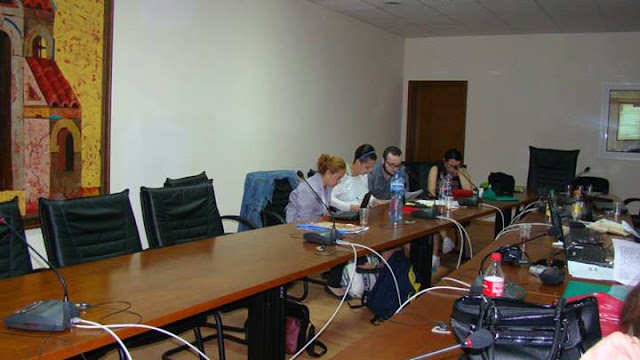The present article focuses on one of the imarets in
the Bulgarian lands – that of Mahmud Bey in Ihtiman. For the study of its
establishment, development and architecture, Ottoman narratives and registers,
documents of the National Institute for Immovable Cultural Heritage, and field
research have been used. The main goal is to study the architectural
characteristics of a forgotten piece of early Ottoman architecture, hardly
researched so far, which marks the beginning of urbanization of today’s town of
Ihtiman.
The imaret in Ihtiman
belongs to early Ottoman architecture on the Bulgarian territory and shows both
the continuity in construction techniques and decorations with the
Balkan-Byzantine tradition, and the new architectural tendencies in the
urbanization of conquered lands. The purpose of this newly constructed building
was to appropriate for Islam a newly sprung settlement on the Diagonal road,
strategically important for communication.


























































